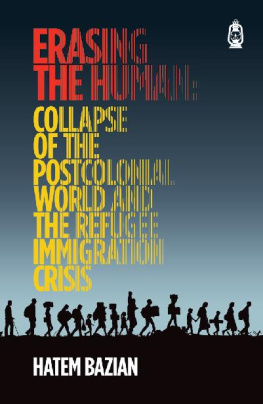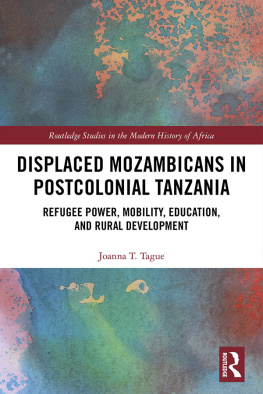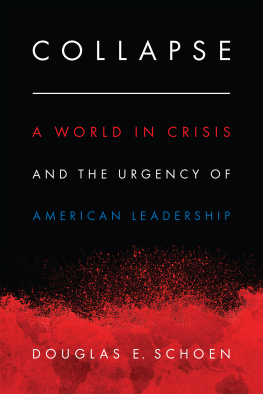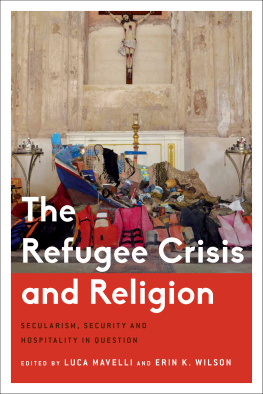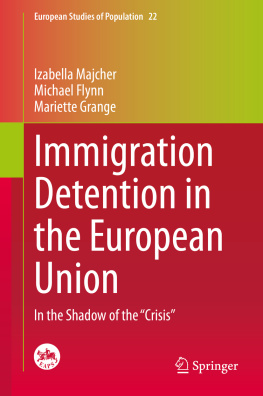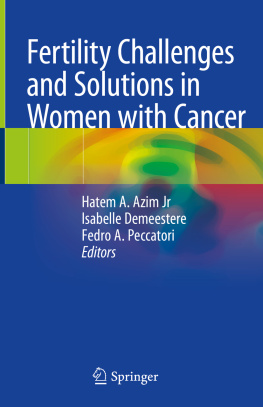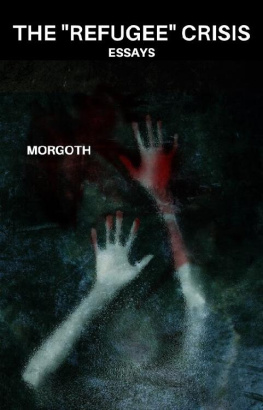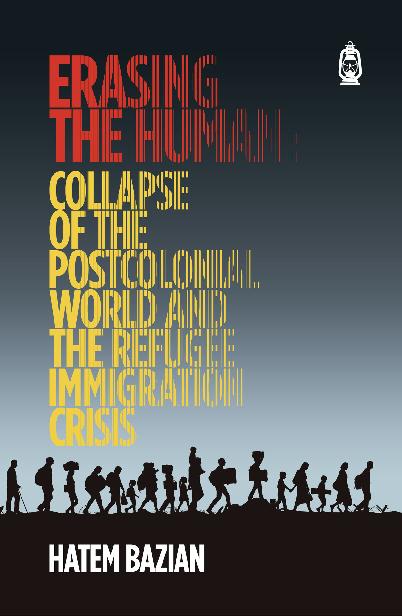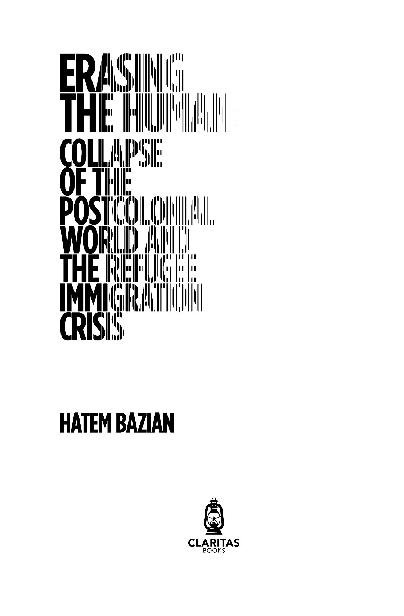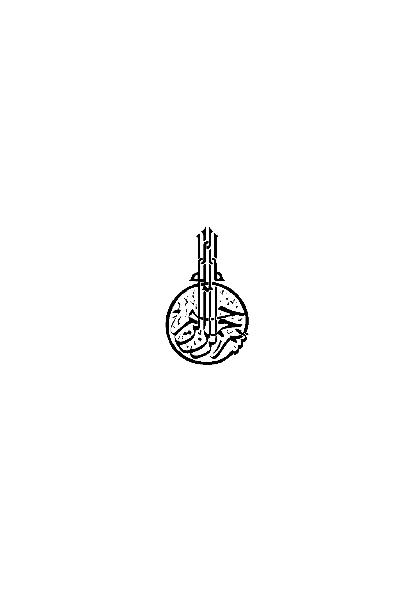1 2 3 4 5 6 7 8 9 10
Claritas Books
Bernard Street, Swansea, United Kingdom
Milpitas, California, United States
Claritas Books 2021
This book is in copyright. Subject to statutory exception and to the provisions of relevant collective licensing agreements, no reproduction of any part may take place without the written permission of Claritas Books.
First Published in April 2021
Typeset in Minion Pro 14/11
Erasing the Human: Collapse of the Postcolonial
World and the Refugees-Immigration Crisis
By Hatem Bazian
A CIP catalogue record for this book is available from the British Library
ISBN: 978-1-80011-995-6
O My servants! I have forbidden dhulm (oppression) for Myself, and I have made it forbidden amongst you, so do not oppress one another. 40 Hadith Nawawi
Beware of the supplication of the oppressed, for the supplication of the oppressed is answered. Al-Muwatta
The book is dedicated to the oppressed facing erasure while continuing to resist despite walls of violence, indifference and the deafening silence.
To the indigenous people,
To the enslaved Africans and their descendants who are struggling to end racism in all its forms,
To women confronting multiple erasures, objectification, demonization, commodification and trafficking across the world,
To those who faced the ravages of colonization
and post-colonization,
To victims of war, economic and environmental
injustice in the Global South,
To the immigrants, and refugees across the globe,
To the lost their lives in the Mediterranean, on the US south borders and every corner of the globe,
To victims of child labor toiling to satisfy the vanity of the rich and powerful across the world, and
To the people who strive daily to bring meaning and love into each and every household.
Contents
Introduction
Palestines colonization, displacement, and refugee camps are part of a narrative and a reality that I grew up with and witnessed daily on a firsthand basis. In Amman, Jordan, my family lived just outside Jabal Al-Hussein camp, a refugee camp set up by the United Nations Relief and Works Agency (UNRWA) after the 1948 Nakba The Nakba witnessed the forceful expulsion of more than 750,000 Palestinians to the surroundings countries, including a large number to Jordan. In the aftermath of the 1967 Six-Day War, referred to as Al-Naksa (the Setback) in Palestinian history books, another large group of Palestinian refugees were forced into exile, making their way to Egypt, Jordan, Lebanon, Syria, and other countries.
Palestinian refugees in Jordan live both inside the ten different UNRWA-run camps as well as outside and within major cities across the country because not everyone who left Palestine from 1948 to the present is recorded or recognized as a refugee. Consequently, Palestinians constitute around 65 percent of Jordans population and primarily work in the private business and professional sectors.
Growing up in Amman, I was used to the Al-Hussein camp being part of my daily life. Every morning, my daily chore before going to school was to take my mothers homemade bread to the communal oven, which was located inside the camp, a ten-minute walk from home. This was one of the most rewarding and nutritious chores to have since carrying the freshly baked Arabic bread on my head on the way back included devouring itpriceless.
My mothers weekly vegetable, meat, and grocery shopping was always done in the camps bustling markets, and I always accompanied her to carry whatever was bought. I remember we had a long-standing credit relationship with a number of merchants in the camp that knew everyone in my family by name. Whenever a crisis or a shortage of an item came about in Amman due to the many conflicts and wars in the region, we could always depend on one or more of the camps merchants to set aside an amount of rice, sugar, or oil, and one of my older brothers would go to fetch it for the family.
More importantly, the Palestinians in the Al-Hussein refugee camp had everything a Palestinian household needed. We could find any item from Palestine in the market, or if it was not available on the shelves, then in a weeks time they were able to bring it in directly from Palestine. The camp was a reminder of Palestine but constituted in exile since many of the streets, store brands, and alleyways had names of cities, towns, and villages from historical Palestine affixed to them. They carried the hope and dream of returning one day, embedded in the collective act of naming them as a memory, preserving and resisting the multifaceted erasure. The camp was always bustling and overcrowded, with no sewage system and limited water supplies, which made it very challenging during the winter and, at times, facing massive floods after a heavy rain.
My early schooling and friendships were all formed around and with kids from the Al-Hussein camp. I went to Al-Ahnaf Ben Qais elementary school for boys, which was two blocks away from my home and one block away from the camp, where most of the kids came from. After Al-Ahnaf, I went to Al-Hussein middle school, which was just one block away from home and right across the street from the refugee camp bearing the same name. Most of my classmates, friends, teachers, and soccer buddies lived in the camp, and often we went together to the mosque for the daily prayers, which was just inside the camp and a mere one hundred yards away from the school. The soccer field on the other side of Al-Hussein secondary school was the daily meeting place for all the kids in the neighborhood, which extended the time spent in the classroom into many hours before and after school.
For high school, I went to Al-Hussein college, a ten-minute walk from home and located at the opposite entrance of the camp. Most of my high school classmates and teachers came from the camp. Our friendships were very close, forged inside the classroom but more importantly in playing endless games of soccer, basketball and handball. During my middle school and high school years, there was much unrest, including the protest movement inside the 1948 area of Palestine that culminated in Land Day, and another episode of displacement and exile for Palestinians from Lebanons refugee camps to Iraq, Sudan, Tunisia, and Yemen.
Palestinians constitute one of the largest and possibly oldest refugee group under the UN umbrella. When I was young, my proximity to the camp meant a constant engagement with everything political related to Palestine. Often, the protests began in the camp before arriving in the school yard to get everyone out of the classroom to join, which always meant the police and the army were not far away from the gathering. In the aftermath of the Sabra and Shatila Massacre, the protests went on for days, and the army was heavily deployed around the school with armored carriers stationed at the entrance of the school and the camp.

